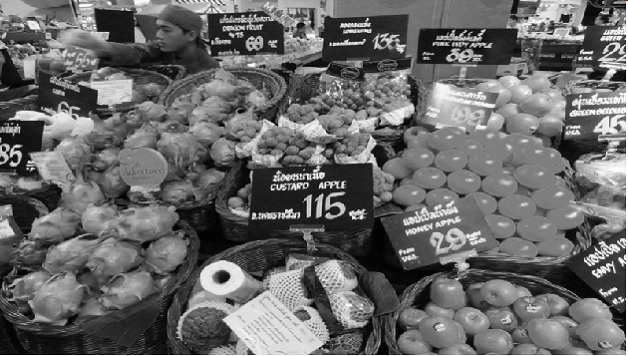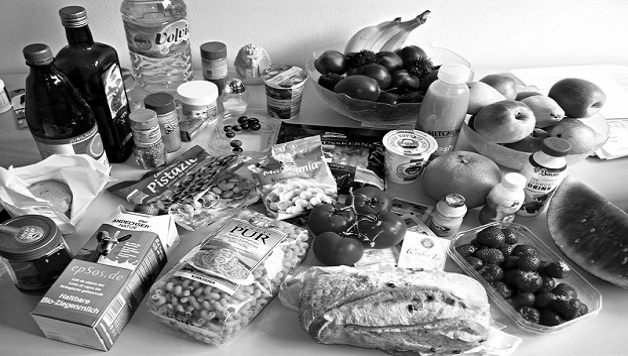Hershey Canada Inc (Hershey) has been fined US$3.8 million (A$4.2 million) by the Supreme Court of Justice in Toronto after admitting to its role in a chocolate price-fixing cartel. Hershey admitted that, in 2007, it had conspired, agreed or arranged to fix the price of Canadian confectionery products in contravention of the Canadian Competition Act (Act).
Earlier this month, the Bureau laid criminal charges against Nestlé Canada Inc. (Nestle), Mars Canada Inc. (Mars) and ITWAL Ltd (ITWAL), a national network of independent wholesale distributors in the confectionery industry, for conspiring to fix the price of chocolate in Canada at a premium.
Price fixing is a criminal offence in Canada and carries a maximum penalty under the Act of US$23.7 million (A$26 million) and/or 14 years in prison. Lucky for Hershey, the case fell under the former conspiracy provisions in the Act, with a lesser maximum penalty of US$9.5 million (A$10.4 million) and/or a prison term of up to 5 years.
The Canadian Competition Bureau (Bureau) under the former provisions of the Act was required to prove not only an agreement between competitors to fix prices, but also that the agreement was likely to have an undue economic effect on competition in the market, significantly increasing the complexity of the Bureau’s case. Similar to the Australian Competition and Consumer Commission (ACCC), the Bureau is an independent law enforcement agency whose objective is to ensure Canadian businesses and consumers prosper in a competitive and innovative marketplace.
Hershey admitted that in 2007, several of its senior employees communicated with employees from Nestlé, Mars and ITWAL, exchanging competitively sensitive pricing information about chocolate confectionery products in Canada. Hershey has declared that neither its current senior management, nor the senior management of its parent company, Hershey Co., were involved in the fixing of prices.
The matter was first brought to the attention of the Bureau in 2007 by chocolate maker Cadbury Adams Canada (Cadbury Adams), through its Immunity Program which offers the first party to disclose an undetected offence or provide evidence leading to the filing of charges, immunity from prosecution led by the Director of Public Prosecutions in Canada (DPP). Cadbury Adams later received immunity from prosecution. Australia has a similar immunity policy for cartel conduct. Under its concurrent civil and criminal procedure, the Australian DPP can grant immunity for a criminal prosecution, while the ACCC retains the power to grant immunity in respect of civil liability.
Hershey has been assisting the Bureau with its investigations and will continue to do so with any subsequent investigations, which may lead to further prosecutions in the confectionery market. By assisting the Bureau with its investigation, the Bureau recommended that Hershey receive lenient treatment from the DPP. The Bureau has emphasised the importance of the Immunity Program, stating that “the collaboration of organizations or individuals is one of our best weapons to bring to light illegal agreements between competitors, which are secretive in nature and very difficult to detect.”
The Commissioner of Competition, John Pecman, noted that “price-fixing is a serious criminal offence, regardless of whether it is in the chocolate confectionery market or any other industry.” Nestle, Mars and ITWAL all intend to defend their charges, with the trial date set for October 3.
Authors: Hanna Gyton and Zhifeng Chai
Photo credit: lovingyourwork.com / Foter / CC BY








